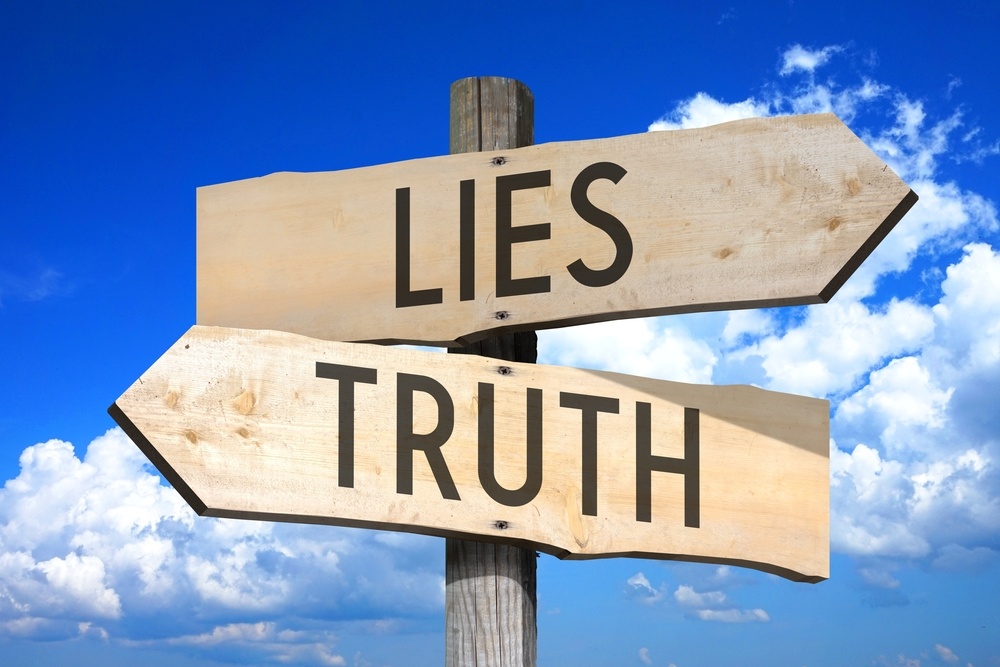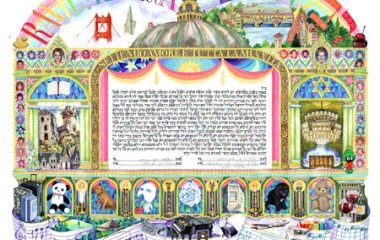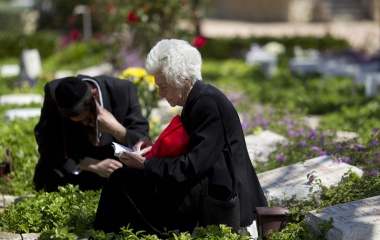
“The witnesses who said these are our signatures but we were forced to [sign], we were minors, or we were invalid to give testimony, they are believed. But if there are [other] witnesses that it is their signature, or their signature can be verified from another place, they are not believed” (Ketubot 18b).
One of the standard functions of the court is to verify the authenticity of signatures appearing on a shetar, document. As one has a presumption of honesty one can verify his own signature and once verified the courts are to enforce the document. Our Mishna deals with a case where witnesses admit they signed a document but at the same time claim their signatures should be regarded as meaningless - either because they were forced to sign, were minors or were otherwise invalid witnesses. Based on the principle hapeh sheasar hu hapeh sheheteer, the mouth that forbids is the mouth that allows, their claim is accepted. Since it is only based on the testimony of those signed on the document that we accept its validity, we must also accept their claim that their signature is to be ignored. Had they wanted to lie they would not have come forward in the first place to say it was their signature and the document would have remained unenforceable.
Yet this line of reasoning does not hold if we know from other sources that the signatures are theirs. In such a case their attempt to invalidate the document is rejected.
The Sages note that the claim of the signatories that they were “forced” to sign is accepted only if they claim that they were forced under the threat of death. But if they claim that they signed for monetary gain they are not to be believed. This is due to the principle that “ein adam maiseem atzmo rasha”, a person [is not believed] to make himself evil. To declare someone to be unfit for testimony, that one has done a terrible wrong, outside evidence is needed as the claim of the person himself will be rejected. When threatened with death one must sign a document so no wrong is committed and his testimony is accepted. However improperly signing a document for monetary gain is a most immoral act and we cannot accept the testimony of one who claims to have done such - ein adam maiseem atzmo rasha.
Rav Meir goes one step further and rejects the entire Mishna. He notes that there is a general presumption that one will not lend money until they ensure that those signing the loan document are valid witnesses - so that should a dispute arise the lender will be able to collect the monies owed. Ipso facto, he rejects the claim of those who claim they signed but were invalid witnesses or minors.
Moreover a society cannot endure when there is no trust between people and documents are not worth the paper they are signed on. Such is a recipe for anarchy and many more lives are likely to be endangered.
While this view of Rav Chisda is rejected and we need not give up our lives to avoid telling a lie, doing so greatly distances us from G-d. By ensuring that our ‘signatures’ are those of truth we give expression to the image of G-d whose signature is that of truth.
[1] Such is the view of Maimonides (Yesodei HaTorah 5:1). In a fascinating dispute the Tosafists (Avodah Zara 27b s.v. Yachol) disagree claiming that one is allowed to violate all other mitzvoth but one who so desires may choose the path of martyrdom rather than violate any of the other mitzvoth of the Torah.
[2] Amongst other explanations is that falsely signing a document is a form of theft, which according to some views is a fourth cardinal sin, or possibly is a sub-category of murder. As we noted here our Sages viewed theft as taking away part of a person’s life.



